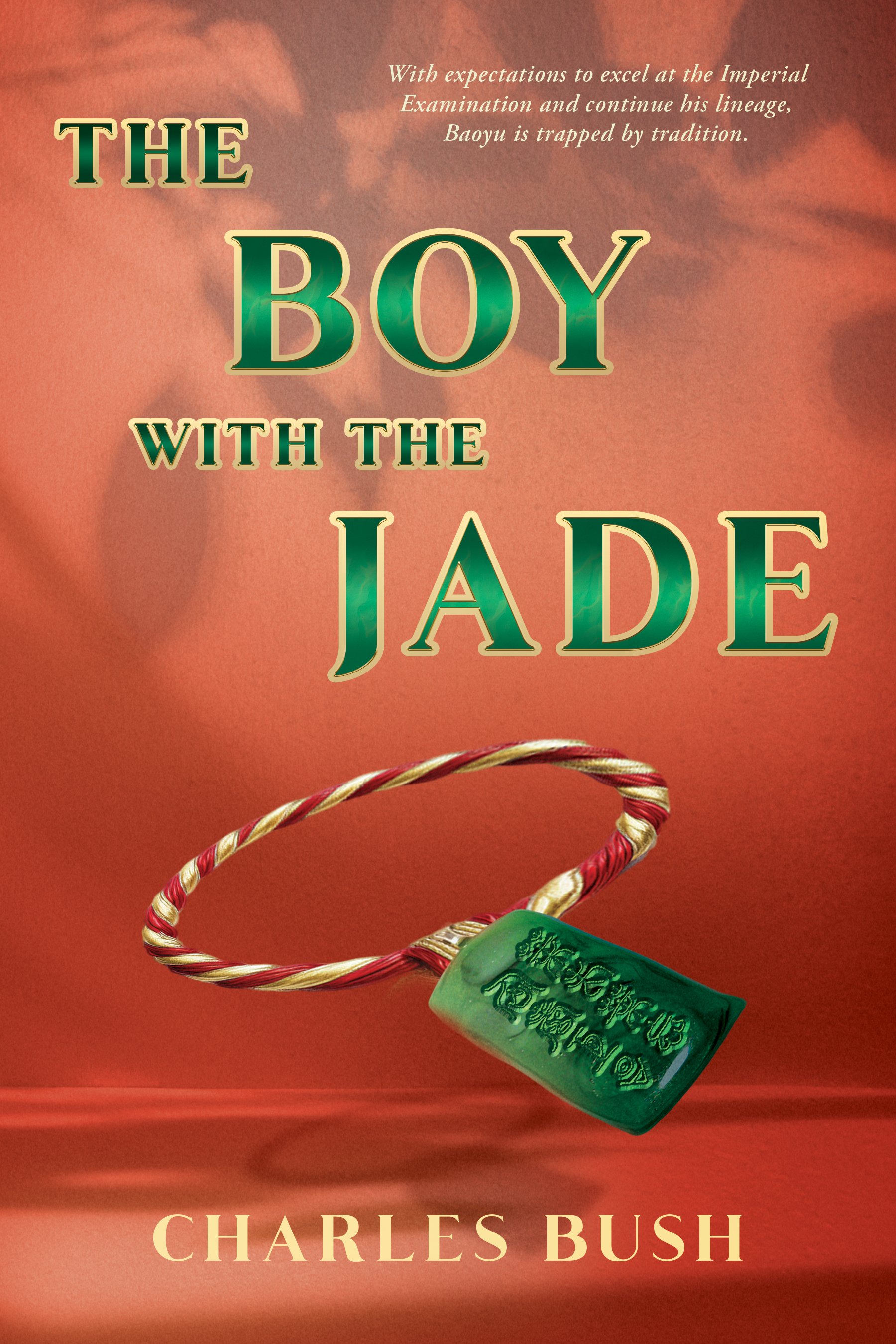My Ten Favorite Historical Novels
I’ve been reading historical fiction all my life. These are my ten favorite historical novels, a personal and idiosyncratic list, arranged alphabetically by the authors’ last names:
1. Geraldine Brooks, Horse.
The historical part of this multi-time-period novel conjures the world of horse racing in the pre-Civil War South. Brooks creates two of the most emotionally engaging characters I’ve ever encountered in a novel. One is fictional and human: a Black groom whose life is traced from early boyhood to adulthood. The other is historical and a horse: Lexington, the most famous American racing and stud horse of all time.
2. Abdulrazak Gurnah, Paradise.
The setting is the part of East Africa now known as Tanzania. The time is the first two decades of the twentieth century, when the land was a German colony. Gurnah, a Nobel Prize winner, brings setting and time to life in vivid detail as he follows a boy who for most of the novel is a quasi-slave to an Arab merchant but in the end takes his destiny into his own hands. A journey that the boy and merchant take into the interior of Africa is breathtaking.
3. Giuseppe di Lampedusa, The Leopard.
Epic in scope but modest in length, this magnificent novel tells the story of a Sicilian aristocrat who bends with the wind as revolution sweeps his island in the 1860s. It was the basis for one of the greatest movies ever made, Lucino Visconti’s The Leopard starring Burt Lancaster, Alain Delon, and Claudia Cardinale.
4. Thomas Mallon, Fellow Travelers.
Mallon sets the story of a doomed gay love affair against the politics and gossip of early 1950s Washington D.C., when McCarthyism and homophobia ran rampant. The story of the gay love affair is heart-breaking, the political backdrop fascinating. Though the novel was published as recently as 2007, it’s already been turned into a television miniseries and an opera.
5. Mary Renault, The Persian Boy.
This lush, romantic work depicts a love affair between Alexander the Great and an enslaved teenaged Persian eunuch, a relationship historically attested. Renault’s novel had a huge impact on me when I was a young gay coming to terms with my identity. I now tend to think of Alexander the Great as more a mass murderer than a gay role model, but the novel is still beautifully written.
6. Susan Sontag, The Volcano Lover.
Set in Naples in the late eighteenth century, this novel centers on the legendary ménage à trois of Sir William Hamilton, British diplomat, scholar, and art collector; his wife, Lady Hamilton, a “performance artist”; and her paramour, Lord Horatio Nelson, the British naval hero, with cameo appearances by the corpulent, dim-witted King and Queen of the Kingdom of the Two Sicilies. With a cast like that, you know you’re in for a great read!
7. Wallace Stegner, Angle of Repose.
This, the great novel of the American West, follows a mining engineer and his wife as they move from California to Colorado to Mexico to Idaho and finally back to California. Each locale is masterfully evoked. Stegner based his work on letters of the woman portrayed in the novel as the wife, though he enraged the family that provided him with the letters by spicing up the plot with an adulterous love affair.
8. William Styron, The Confessions of Nat Turner
The leader of an unsuccessful slave revolt in Virginia in the 1830s recounts his life as he sits in a jail cell awaiting execution. Styron’s work has always been controversial, with some (but by no means all) Black critics saying it whitewashes slaveowners and demeans Turner and his followers. But if historical fiction is to be judged by how immersive and visceral it is, this novel ranks at the top.
9. Olga Tokarczuk, The Books of Jacob.
This work is centered on the bizarre rise and fall of a self-proclaimed Jewish (later Islamic, then Christian) messiah in eighteenth century Eastern Europe. But more than that, it is, as its subtitle proclaims, “a fantastic journey across seven borders, five languages and three major religions, not counting the minor sects.” Very long, very dense, but, in my opinion, worth it. Tokarczuk is a Nobel Prize winner.
10. Laura Ingalls Wilder, Little House on the Prairie.
A pioneer family tries to build a life in southeastern Kansas in the late 1860s. I grew up in Kansas City, Missouri, only about 160 miles from where this novel is set, and Wilder’s book was one of my childhood favorites. It’s often categorized as a children’s book, but I’ve reread it as an adult and still find it fascinating. The television series was only distantly related to this novel.
About the Author
Charles Bush, a former attorney turned novelist, hails from Kansas City, Missouri. He holds history degrees from Harvard College and the University of California, Berkeley. However, due to a challenging job market for historians, Charles pursued a law degree at the University of Chicago. After a successful legal career, he began transitioning to writing fiction in the early 2000s.
His legal background inspired his first two novels. What Went Wrong with Oscar Toll? tells the story of a San Francisco attorney striving to save a mentally challenged man from death row. Houseboat Wars explores the unique houseboat communities of 1970s Sausalito, where legal battles and personal dramas unfold
A young aristocrat's quest for identity amid love, loss, and betrayal in 18th-century China.
he Boy with the Jade follows Baoyu, heir to the Jia family, as he navigates love, loss, and societal pressures. After tragedy and betrayal, Baoyu seeks meaning through Taoist and Buddhist philosophies.
Praised for vivid storytelling and emotional depth, Charles Bush’s novel is a compelling tale of self-discovery, tradition, and the search for freedom.


